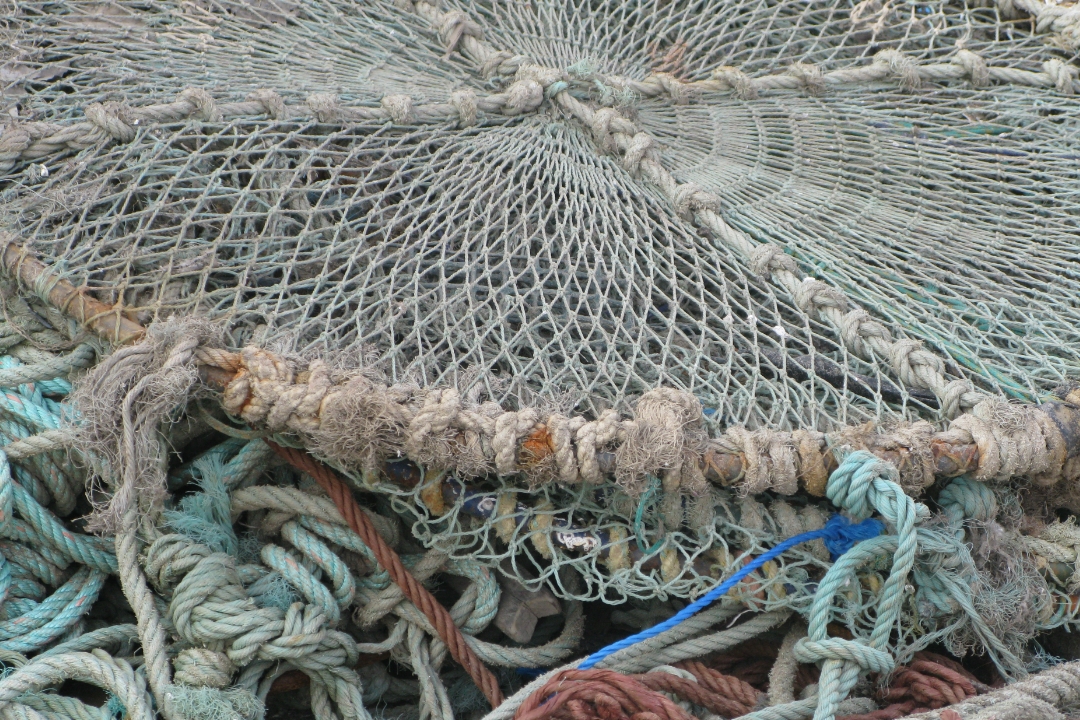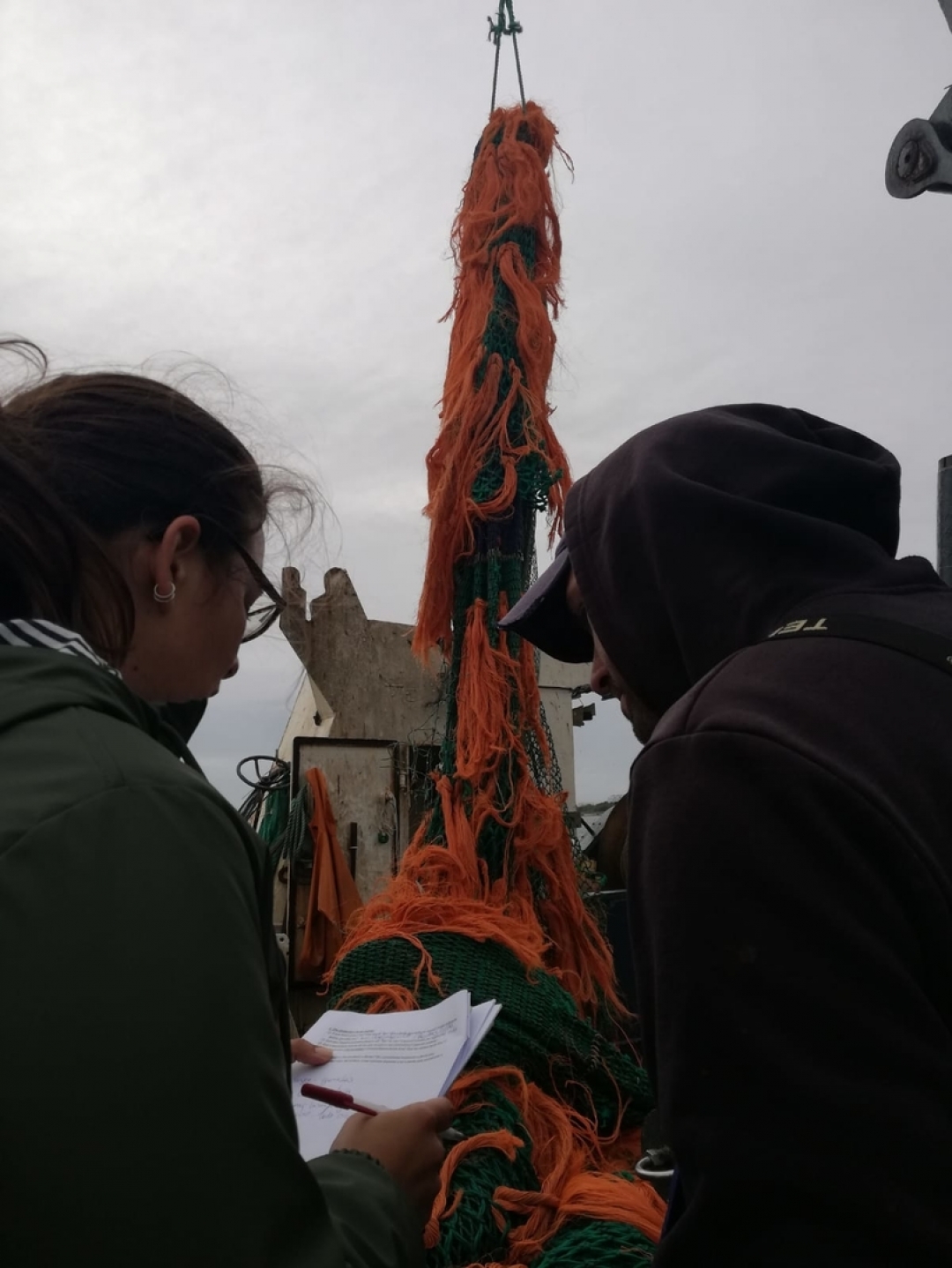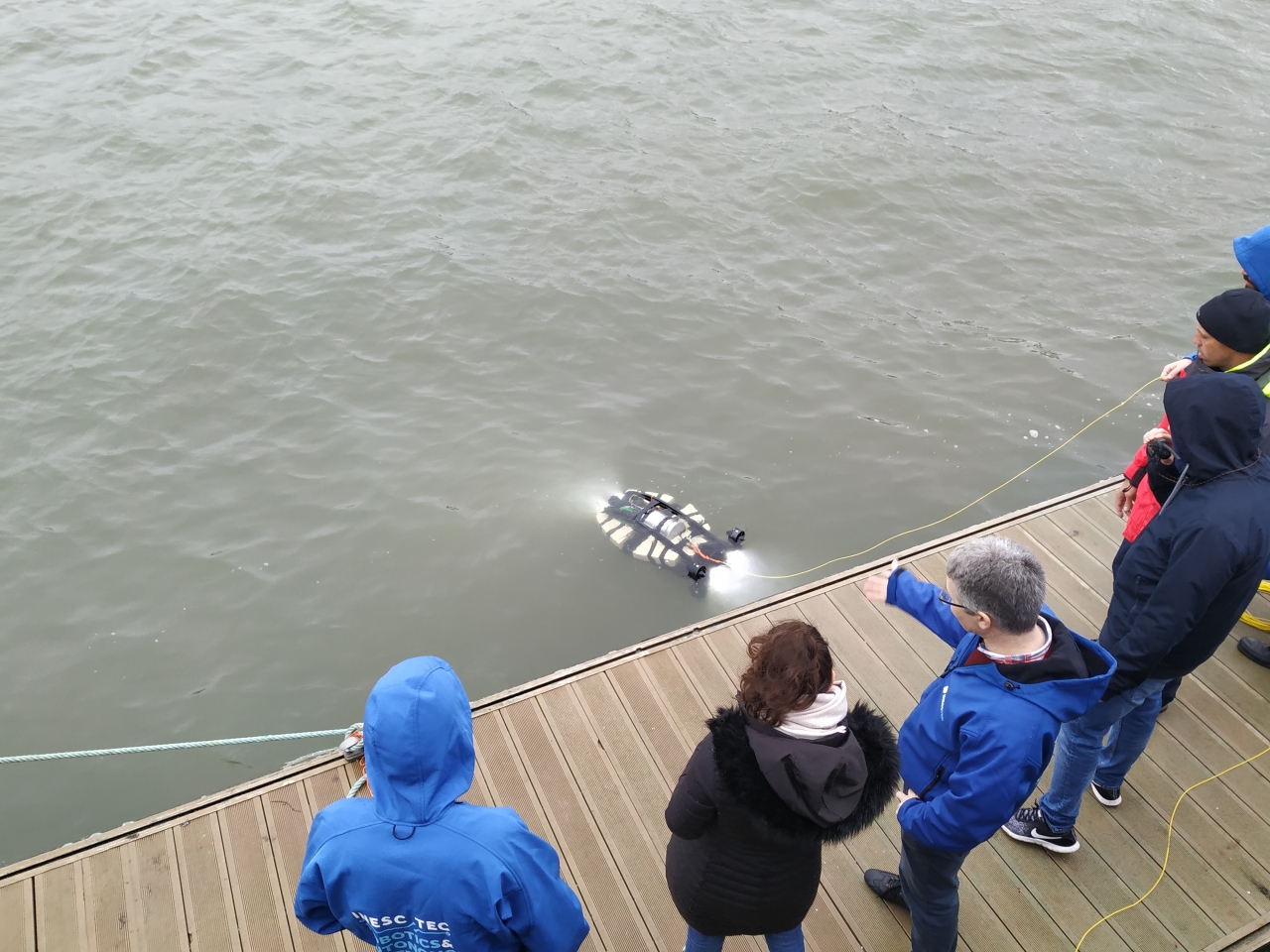
We will develop and implement low cost, miniature and environmentally-friendly acoustic tags (transponders) for location of the fishing assets as well as the recovery system for this fishing gear.
Acoustic tags will be able to uniquely identify an item of fishing gear, precisely determine its position and facilitate its recovery. The devices will be sufficiently small, cheap and robust to enable multiple tags to be easily used on large nets or to be attached to small gear traps, e.g. used for crustacean/octopus fishing. The localization system to be developed will be easily deployed/operated from fishing vessels and by non-expert operators. Autonomous Underwater Vehicle/Remotely Operated Vehicle (AUV/ROV) will be adapted to assist in the recovery of the gear.


